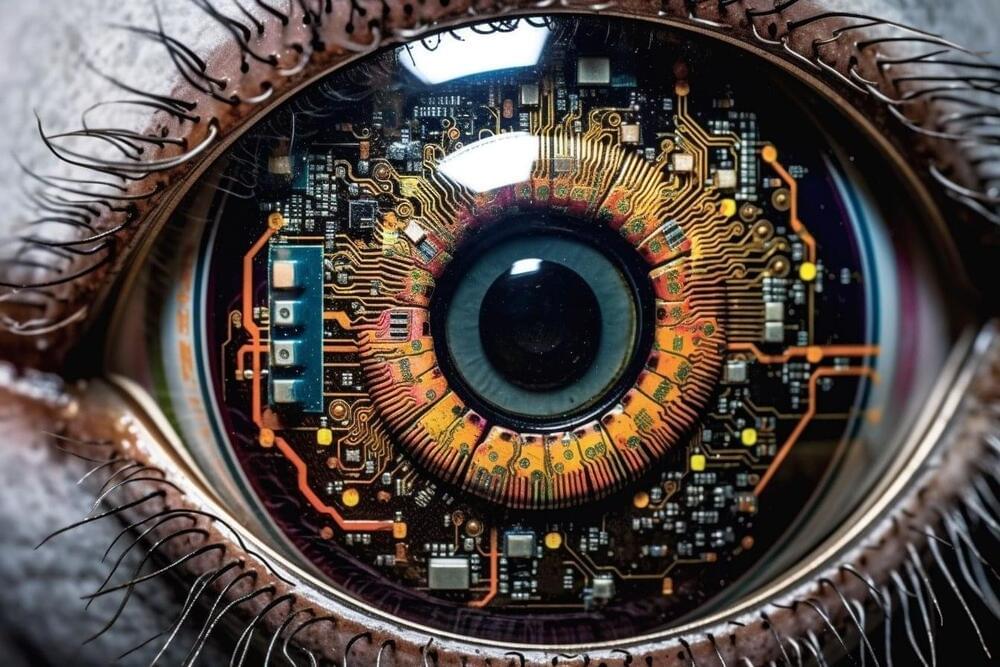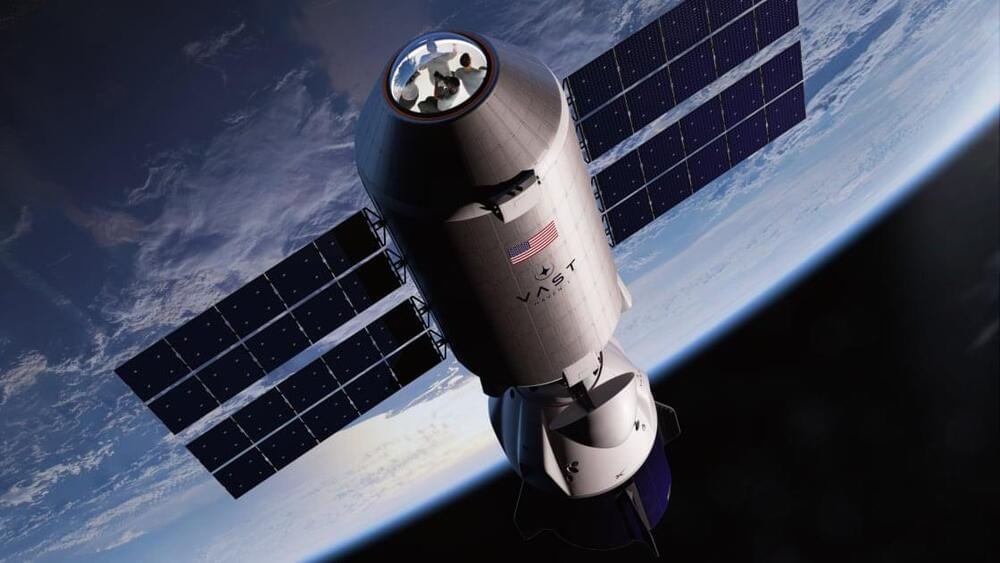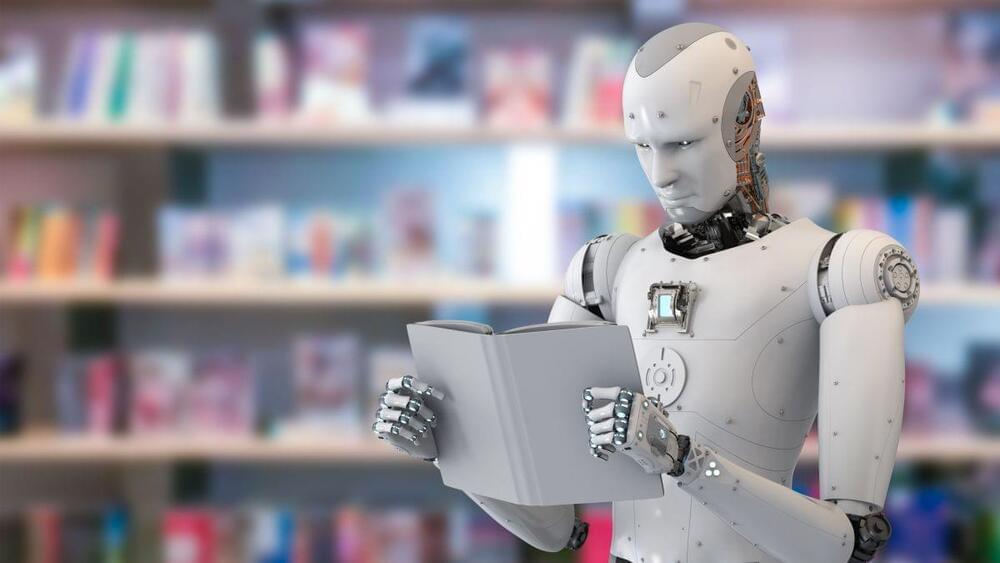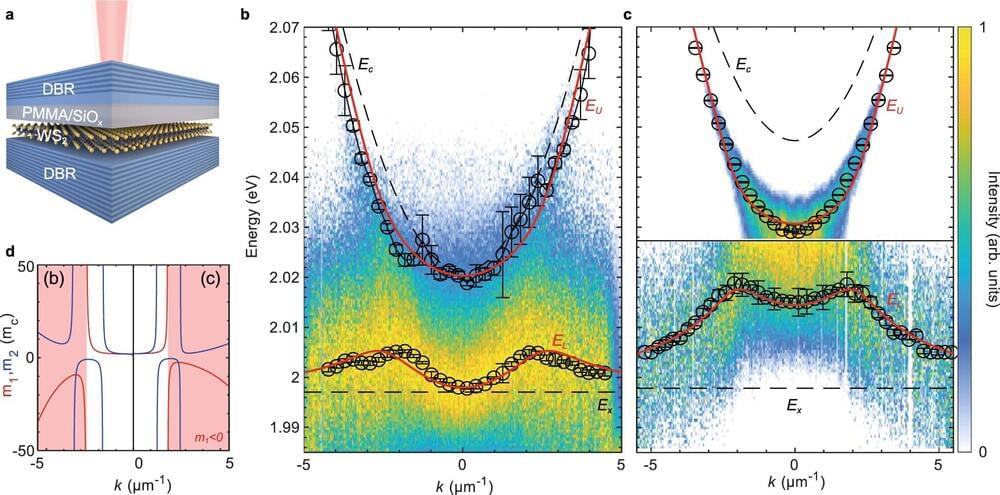Summary: Researchers have created a device that emulates the human eye’s ability to see color by using narrowband perovskite photodetectors and a neuromorphic algorithm.
The photodetectors, sensitive to red, green, and blue light, mimic our cone cells, while the neuromorphic algorithm simulates our neural network to process information into high-quality images. Unlike modern cameras that require external filters, this technology could improve resolution and reduce manufacturing costs.
The device also generates electricity as it absorbs light, potentially leading to battery-free camera technology.






